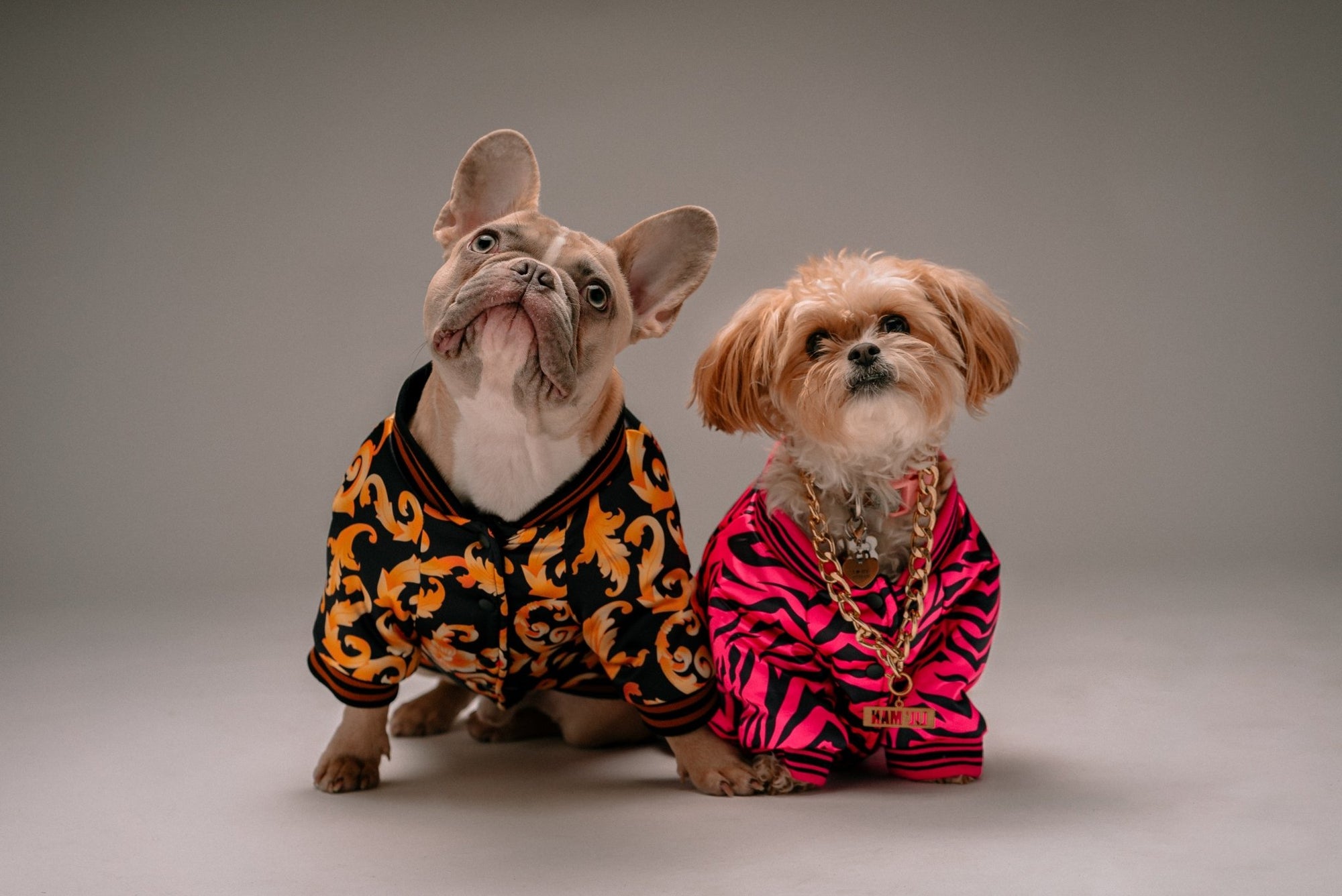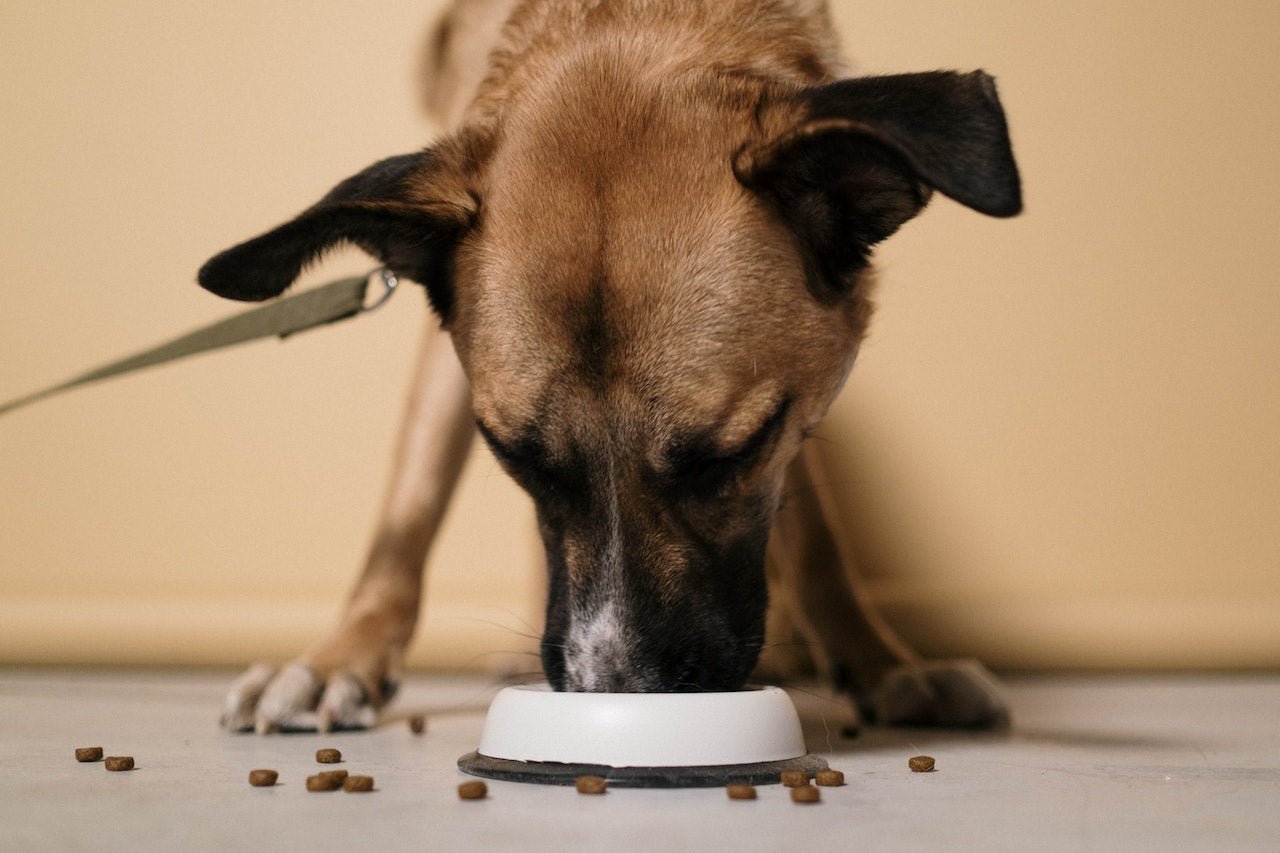The Ultimate Dog Canine Infection - Getting your puppy vaccinated is a critical part of caring for your pet. Puppies need vaccines shortly after birth to protect them from harmful diseases and infections. But when is the best time to get puppy vaccinations, and why are they important?
Additioanlly, We’ll explain the optimal time for vaccinating your puppy to protect it from disease and infection when its immune system is still developing. Also, we'll cover the benefits of puppy shots and any possible side effects.
Benefits of Puppy Vaccinations
Firstly, puppy vaccines fortify your dog’s immune system to fight against infections and diseases. The American Veterinary Medical Association states five fundamental reasons to vaccinate your pet:
- Prevent pet illnesses.
- Avoid expensive treatments for common dog diseases.
- Prevent diseases from passing between pets and other animals.
- Protect your pet from wildlife diseases like rabies.
- Comply with local or state requirements for pet vaccinations.
Also, It’s essential to vaccinate your puppy because young animals are more susceptible to infection because their immune systems aren’t fully mature. Furthermore, It’s also critical to note that some vaccines require several shots to protect your puppy from certain diseases fully, and some vaccines you may need to repeat every few years.
Related Link: Foods Your Dogs Should Never Eat
Side Effects of Puppy Vaccinations
Not all vaccines have side effects, but a few puppy shots may cause mild side effects within a few hours of having a shot. Lastly, These sides effects may include:
- Swelling and discomfort around the shot site
- Slight fever
- Lethargic
- Sneezing, coughing, runny nose, or other respiratory symptoms
If your puppy shows more severe side effects, your pet may have an allergic reaction to the vaccine or a more life-threatening reaction to the vaccine. These more severe symptoms include:
- Vomiting
- Diarrhea
- Hives
- Swelling around the neck, face, and eyes
- Difficulty breathing
- Collapse
- Swelling around the shot area gets larger after a few weeks
Contact your veterinarian if your puppy has any of the symptoms after vaccination.

Determine The Best Puppy Shots for Your Dog
Additionally, There are several different vaccines that you can give your dog. Some of the vaccines are vital, and all dogs should get them. Also, These are core vaccines. Furthermore, Other vaccines are non-core and are elective based on region and lifestyle. The Ultimate Dog Canine Infection.
Core Puppy Vaccines
All dogs should get these core vaccines:
- Distemper, Hepatitis, and Parvo (DHP or DAP): Distemper is a contagious disease spread through cough and sneezing, affecting the respiratory, gastrointestinal, and nervous systems. Hepatitis is a viral infection that affects the kidneys, lungs, eyes, liver, and spleen. Parvovirus affects the gastrointestinal system and is very deadly.
- Rabies: Most states and countries require your dog to get a rabies vaccine every few years.
Non-Core Puppy Vaccines
These are vaccines that are available but also elective vaccines for your puppy:
- Leptospirosis: Bacterial disease that can spread from pet to people.
- Parainfluenza: A virus that contributes to kennel cough.
- Bordetella: A bacteria that can enable kennel cough.
- Canine Influenza: Flu that can affect your dog’s respiratory system.
- Heartworm: Worms that lodge in the heart and pulmonary arteries.
- Coronavirus: The COVID-19 virus can cause gastrointestinal and respiratory infection.
- Lyme: Tick-borne bacterial disease that affects the heart, joints, and kidney.
These elective vaccines may be more critical depending on where you live or plan to travel with your dog.
Does your new puppy need help to calm down at night? Shop Dope Dog CBD Calming Dog Treats.
Related Link: Giving Your Dog a Flea Bath: The Ultimate Guide
Optimal Puppy Vaccine Schedule
The Ultimate Dog Canine Infection - You’ll want to start vaccinating your puppy once they are 6-8 weeks old. Then, At this time, your puppy’s immune system has had some time to develop, and the antibodies from the mother have worn off. Also, You’ll need to continue the puppy shots until your dog is 16-20 weeks old. An optimal puppy shot schedule:
6-8 Weeks Old
- Core: DHP
- Non-core: Bordetella
10-12 Weeks Old
- Core: DHP
- Non-core: Bordetella, Influenza, Parainfluenza, Leptospriosis, Lyme
16-18 Weeks Old
- Core: DHP, Rabies
- Non-core: Bordetella, Influenza, Leptospriosis, Lyme
12-16 Months Old
- Core: DHP, Rabies
- Non-core: Bordetella, Leptospriosis, Lyme, Coronvirus
Every 1-2 years
- Core: DHP Booster
- Non-core: Bordetella, Leptospriosis, Lyme, Coronvirus, Influenza
Every 1-3 years
- Core: Rabies Booster
What Are the Symptoms of a Dog Yeast Infection?
As we previously mentioned, yeast infections in dogs may develop in various parts, like their ears, paw pads, genitals, or even between skin folds.
Here are other unmistakable signs your dog has a yeast infection:
- A foul-smelling or musty odor
- Scaly skin
- Flaky and crusty skin
- Darkened patches skin
- Thickened patches of skin
Furthermore, Be vigilant and pay attention to your dog's behavior. Lastly, They will tell you everything they need to know about potential medical issues with their behavior.
How Do Dog Yeast Infections Occur?
All animals, even human beings, have helpful microorganisms, bacteria, and fungi on their skin and as part of their gut flora, or microbiome.
Yeast is a kind of spore proliferating fungi that you can find on a dog's skin in relatively low numbers. Its scientific name is Malassezia pachydermatis. And it is a very common fungal infection that occurs in dogs.
The Ultimate Dog Canine Infection - A dog yeast infection may only be a topical concern. Then, Dog yeast infections are very opportunistic fungal pathogens that take advantage of opportunities to flourish wherever they are presented.
Additioanlly, When fungal spores multiply and potentially infect a break in the dog's skin, it may promote irritation, inflammation, abnormal growth, or unpleasant skin aesthetics.
A visit to the vet and an antibiotic or antifungal treatment may fix the problem.
Still, a dog yeast infection may actually be a secondary symptom to a larger and more significant underlying medical issue.
So, what underlying issues may be hiding behind a dog yeast infection? If you don't solve the underlying issue, then dog yeast infections may become a chronic medical issue you need to deal with.
What may actually be causing the yeast infection to develop on your dog?
An abnormal microbiome may be the root cause of why your dog regularly develops yeast infections.
A microbiome, also known as gut flora, is trillions of microscopic microorganisms that digest your dog's food. But the microbiome also regulates your dog's immune system.
If your dog has an underactive or extremely overactive immune system, it may be because of a problem with its microbiome.
And finally, and most importantly, the microbiome is responsible for regulating the colonies of yeast spores that reside on your dog's skin and inside its body.
The point is that your dog may be suffering from an imbalanced immune system. Your dog's microbiome may feature too many harmful bacteria. And having too many bad bacteria or a massive bacterial infection in your dog's gut may hinder the normal functioning of the microbiome.
(Like regulating the number of yeast spores that should be on its skin and inside it.)
Allergies will cause the dog's immune system to respond in a hyperreactive manner. And this hyperreactive response will cause the dog's body to increase internal body heat and generate inflammation.
Your dog's skin is very thin around the ears, armpits, belly, and butt. If you have a dog breed with extra skin folds, the heat and inflammation will make yeast react.
The yeast located in these areas will react and proliferate in the now overheated environment. And if your dog has scratches or open sores in these areas, then the yeast will multiply so much that the reaction is called a "yeast bloom."
And the same problem can happen if your dog has an anemic and underactive immune system.
Get your dog's gut flora checked out by a veterinarian. And consider giving your dog a daily powdered dose of canine probiotics to keep its gut flora and immune system healthy.
Frequently Asked Questions About Puppy Shots

How Much Do Puppy Vaccines Cost?
This depends on your area and veterinarian. Most core vaccine vet visits cost between $75-100 . Depending on your clinic, each shot is about $15-20.
What if My Puppy Misses a Vaccination or Booster?
If you accidentally missed a booster or vaccination, don’t worry. Just get your puppy in as soon as possible for the vaccine to be effective.
Should I Vaccinate My Puppy If It is Sick or Has a Chronic Condition?
This is where you need to talk to your vet. Call your vet before bringing in your puppy. They will let you know the best path moving forward.
How Often Does My Dog Need a Booster?
After the initial vaccination as a puppy, you should have your dog get a booster every 1-3 years , depending on the vaccine.
How Much Do Puppy Shots Cost at PetSmart?
PetSmart works with Banfield Pet Hospital to provide the best care for your puppy. Their vaccination prices may vary depending on where you live:
- DHP Vaccine: The DHP shots typically cost between $15-$30 per shot from PetSmart. The complete vaccination will cost between $60-$120.
- Rabies Vaccine: The Rabies vaccine will cost about $15-$35 per shot from PetSmart.
Puppy Vaccinations Are Essential for Caring for Your New Pet
To give your new puppy the best possible care, you’ll want to ensure that your dog gets all the vaccines necessary for your area. While DHP and Rabies are required, you may also want to consider the other non-core vaccines if you plan to socialize your dog with other dogs or animals.
Dope Dog offers high-quality products to help care for your new puppy. CBD treats, shampoos, and oils can help calm your new puppy and provide added nutrients to boost their immune system. The Ultimate Dog Canine Infection.
Need a relaxing bath-time kit for your new pup? Dope Dog’s Bath Time Kit soothes and cleans your puppy after a long day of play.
Related Link: How Cold is Too Cold for Your Dog


















